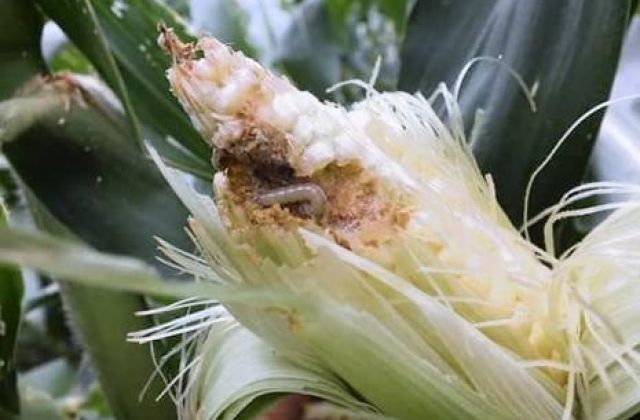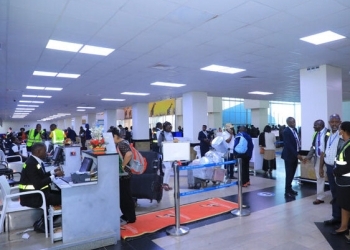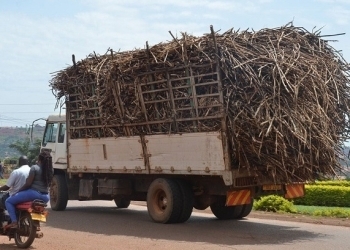
Agnes Kirabo, a food rights activist has raised concern over government's late response to the outbreak of the Fall Armyworm in the country.
The Executive Director Food Rights Alliance, in interview says the Ministry of Agriculture did not give a convincing reason why it had to wait for several months before announcing the Fall Armyworm outbreak.
She says the delay in response has turned out to be very costly to the country now that the Armyworms have marched to more than 60 districts in the country.
She suspects that individuals in the Ministry may have opted to keep silent so that they could earn a bigger budget when the destructive caterpillars have covered a larger part of the country.
A government early warning newsletter published and distributed by the Prime Minister's office says the Armyworm outbreak was first reported between May and June last year in Kasese and parts of Central and Eastern Uganda.
The Agriculture Minister, Vincent Bamulangaki Sempijja, however, officially announced the outbreak in mid-March this year.
The government had then planned to spend one billion shillings for control measures but the budget was revised to 4.5 billion shillings.
Sempijja, at media briefing at the Government Media Centre in Kampala, explained that government could not announce the outbreak until when researchers at National Agricultural Research Organization (NARO) had determined the type of worm.
But Kirabo doubts whether it would take over eight months to determine the kind of worm then ravaging the maize crop in many African countries including Nigeria, Malawi, Zambia, Zimbabwe, South Africa, Burundi, Rwanda, Tanzania and Kenya among others.
The government's inter-ministerial early warning newsletter said the pests have appeared in 60 districts, attacking up to 40 per cent of the maize in some areas.
There is fear that the Fall Armyworm (FAW) could wipe out 11 per cent of the country's annual four-million-metric-tonne maize output. Sugarcane fields have also suffered damage.














